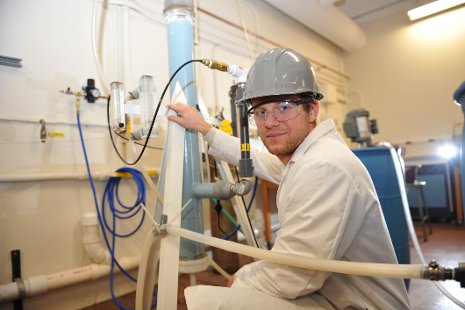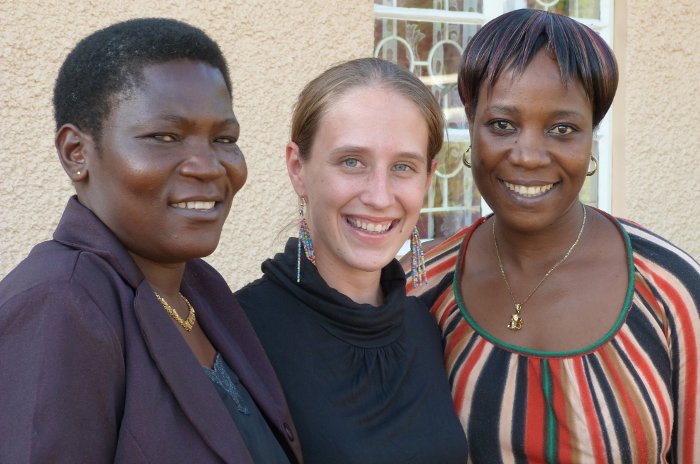Four graduate students are going to Lansing for Graduate Education Day, Thursday, March 29. Governor Rick Snyder has declared the week of March 26 as Graduate Education Week, and more than 50 students from universities and colleges across the state will meet with legislators at the Capitol Building in Lansing.
Students will meet with their hometown legislators to discuss their studies and future plans and will also present their research and degree-related projects.
Attending from Michigan Tech are:
- Mark Hopkins, a PhD candidate in mechanical engineering from Charlotte. He will be discussing his work on in-space electric rockets.
- Stephanie Groves, a PhD candidate in biological sciences from Scottville. She will be presenting on converting industrial waste to biofuels and other products.
- Emily Gochis, a PhD candidate in geology from Ann Arbor. She will discuss geoscience education.
- Andrew Drees, a PhD candidate in electrical engineering from Stevensville. He will discuss a “smart grid” power system for use on Michigan Tech’s campus.
The governor and legislature have acknowledged that graduate education is key to Michigan’s economic growth and stability. Graduate education in Michigan is highly productive, contributing directly to the well-being of the state and its capacity to meet the challenges of the future.
Last year, Michigan’s four-year public and private colleges and universities awarded more than 20,000 master’s degrees and 5,000 doctorates, with Michigan ranking ninth among states in the US for the number of research-based doctorates awarded.
by Dennis Walikainen, senior editor
Published in Tech Today

